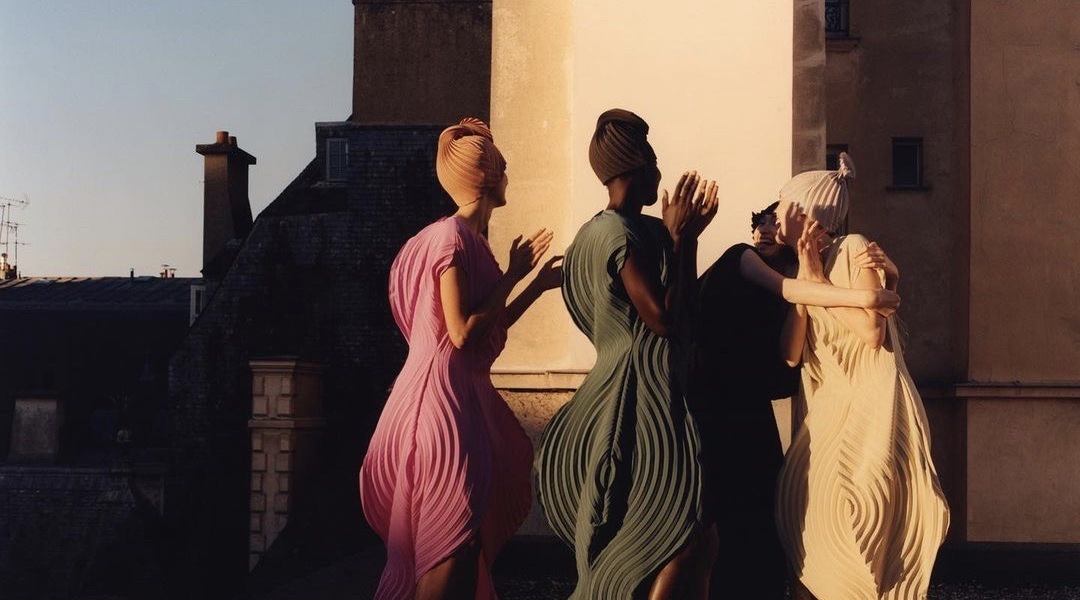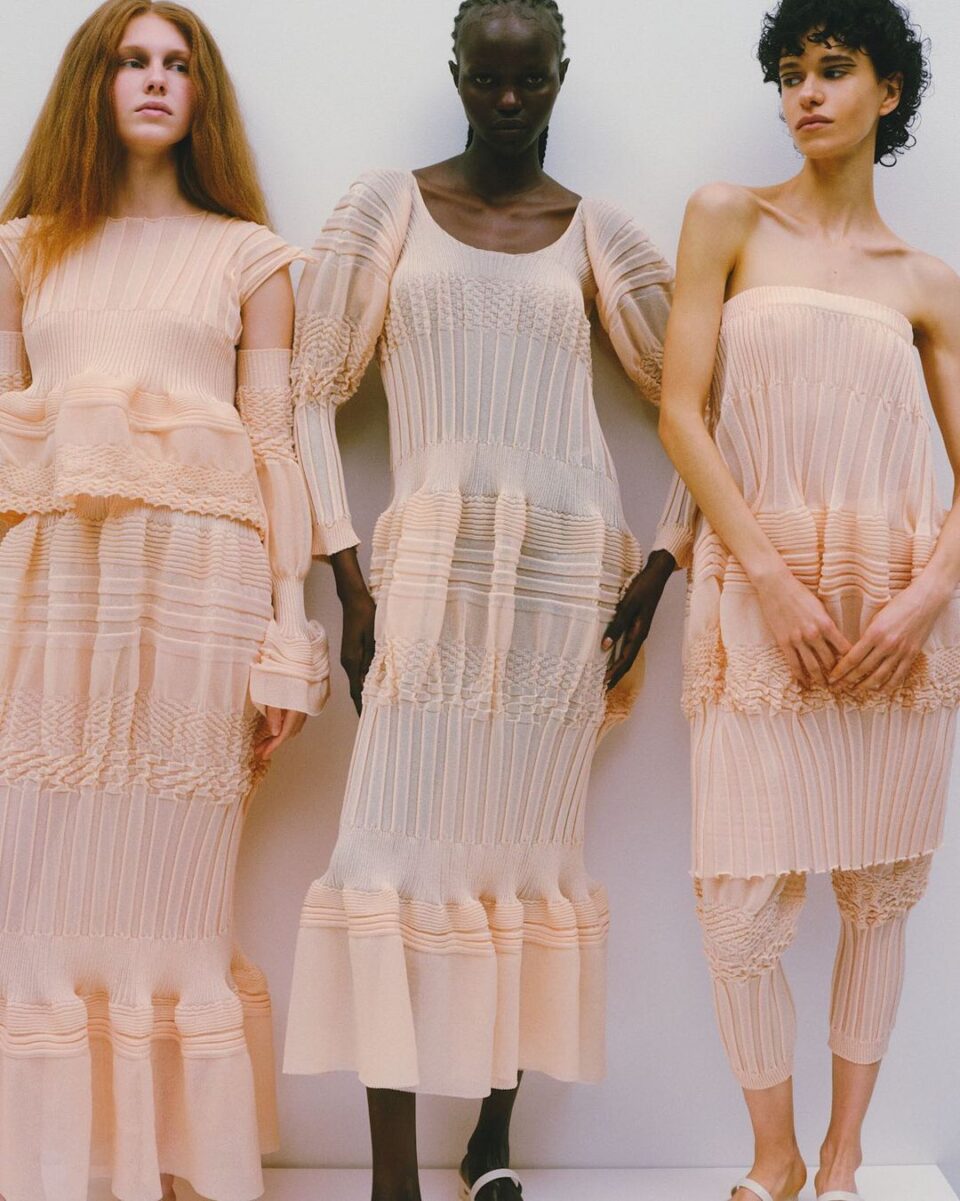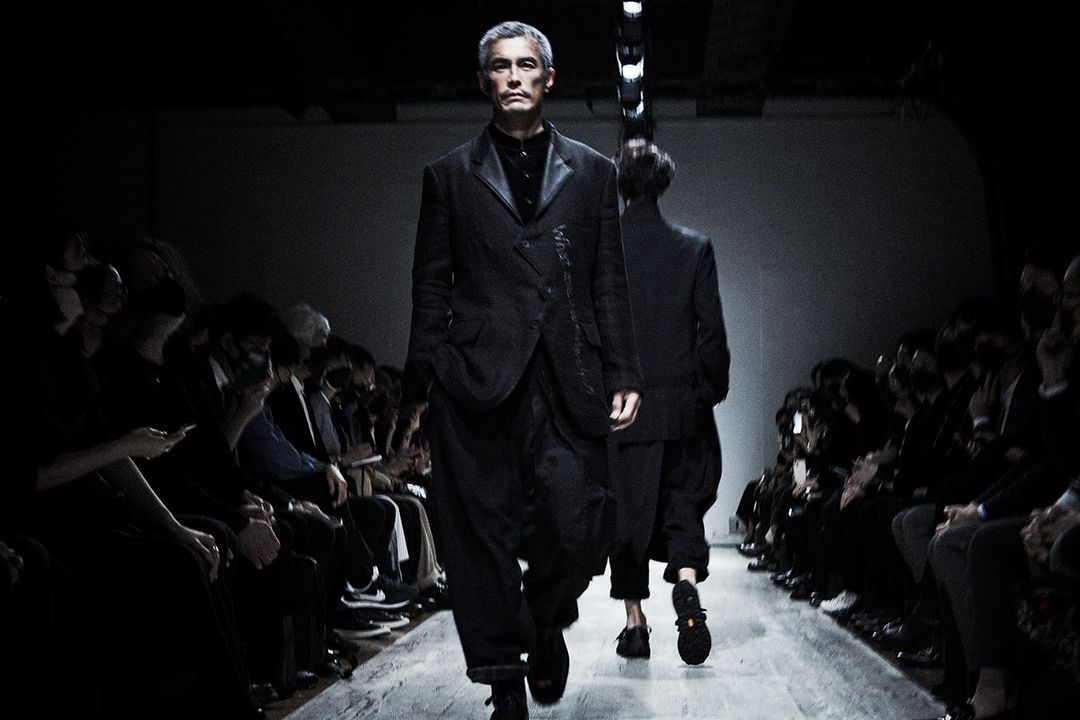Japanese designer brands have long been celebrated for their unique blend of creativity, innovation, and craftsmanship. These brands consistently push the boundaries of fashion, offering distinct styles that captivate global audiences. Whether you're a fashion enthusiast or simply looking to elevate your wardrobe, exploring Japanese designer brands can open doors to a world of extraordinary design.
From avant-garde silhouettes to minimalist aesthetics, Japanese designers have established themselves as pioneers in the fashion industry. Their influence extends beyond clothing, impacting everything from accessories to interior design. This article will delve into the rich history, cultural significance, and current trends of Japanese designer brands, providing you with a comprehensive understanding of their appeal.
As we journey through this guide, you'll discover the stories behind some of the most iconic Japanese designer brands. We'll explore their origins, key designers, and the philosophies that drive their creations. By the end, you'll have a deeper appreciation for the artistry and innovation that define these remarkable brands.
Read also:Dow Jones Finance A Comprehensive Guide To Understanding Its Impact On Global Markets
Table of Contents
- The History of Japanese Designer Brands
- Iconic Japanese Designer Brands
- Renowned Japanese Designers
- Minimalism in Japanese Fashion
- Avant-Garde Japanese Fashion
- Cultural Influence on Japanese Fashion
- Global Impact of Japanese Designer Brands
- Current Trends in Japanese Fashion
- Shopping Guide for Japanese Designer Brands
- Conclusion
The History of Japanese Designer Brands
The emergence of Japanese designer brands dates back to the late 20th century when Japanese designers began making waves on the international fashion scene. The 1980s marked a pivotal moment as designers like Rei Kawakubo of Comme des Garçons and Yohji Yamamoto showcased their collections in Paris, challenging conventional notions of beauty and design.
This era was characterized by a departure from Western-centric fashion norms. Japanese designers introduced new silhouettes, textures, and concepts that resonated with audiences seeking something unconventional. The minimalist yet intricate designs of these brands quickly gained recognition, establishing Japan as a formidable force in global fashion.
Today, the legacy of these early pioneers continues to inspire new generations of designers who are redefining what it means to be a Japanese designer brand. Their contributions have laid the foundation for a rich tapestry of creativity that persists in the industry.
Iconic Japanese Designer Brands
Comme des Garçons
Founded by Rei Kawakubo, Comme des Garçons is synonymous with avant-garde fashion. Known for its deconstructed designs and unconventional approach, the brand has consistently challenged the status quo since its inception in 1969. Comme des Garçons' influence extends beyond clothing, with ventures into fragrance, accessories, and even art collaborations.
Yohji Yamamoto
Yohji Yamamoto is another titan in the world of Japanese designer brands. His designs are celebrated for their dramatic silhouettes and monochromatic color palettes. Yamamoto's work often explores themes of gender fluidity and the interplay between light and shadow, creating pieces that are both thought-provoking and wearable.
Issey Miyake
Issey Miyake revolutionized fashion with his innovative use of technology and materials. His signature pleated designs, such as the iconic "Pleats Please" collection, have become timeless staples in modern wardrobes. Miyake's commitment to sustainability and functionality has set a benchmark for future designers to follow.
Read also:Albert Omstead The Visionary Behind Modern Business Innovations
Renowned Japanese Designers
Beyond the brands themselves, the designers behind them play a crucial role in shaping the narrative of Japanese fashion. These individuals bring their unique perspectives and visions to life through their creations. Here are some of the most influential Japanese designers:
- Rei Kawakubo: Known for her avant-garde designs and boundary-pushing concepts.
- Yohji Yamamoto: Celebrated for his minimalist yet dramatic approach to fashion.
- Issey Miyake: Renowned for his innovative use of technology and sustainable materials.
- Takashi Murakami: Although primarily known as an artist, Murakami's collaborations with fashion brands have left a lasting impact.
Minimalism in Japanese Fashion
Minimalism is a defining characteristic of many Japanese designer brands. This aesthetic emphasizes simplicity, functionality, and elegance, often using neutral color palettes and clean lines. The philosophy behind minimalism aligns with traditional Japanese values of understated beauty and harmony.
Japanese minimalist fashion is not just about reducing elements but rather focusing on quality over quantity. Brands like Jil Sander and Dries Van Noten, while not Japanese, have drawn inspiration from this philosophy, further cementing its influence on global fashion.
Avant-Garde Japanese Fashion
Defining Avant-Garde
Avant-garde fashion is characterized by its experimental and forward-thinking nature. Japanese designer brands excel in this realm, producing collections that challenge conventional norms and push the boundaries of creativity. Designers like Rei Kawakubo and Yohji Yamamoto are often credited with pioneering this movement.
Key Elements of Avant-Garde Design
Some of the key elements of avant-garde Japanese fashion include:
- Unconventional silhouettes
- Innovative use of materials
- Deconstructed designs
- Monochromatic color schemes
Cultural Influence on Japanese Fashion
The cultural heritage of Japan plays a significant role in shaping its fashion landscape. Traditional elements such as kimono patterns, calligraphy, and nature-inspired motifs frequently appear in contemporary designs. This fusion of old and new creates a distinctive aesthetic that sets Japanese designer brands apart.
Moreover, the concept of "wabi-sabi," which embraces imperfection and transience, is often reflected in the work of Japanese designers. This philosophy encourages a deeper appreciation for the beauty found in simplicity and imperfection, influencing both design and consumer behavior.
Global Impact of Japanese Designer Brands
Japanese designer brands have left an indelible mark on the global fashion industry. Their influence can be seen in everything from high-end couture to fast fashion. Collaborations with international brands and designers have further expanded their reach, introducing their unique style to broader audiences.
According to a report by the Business of Fashion, Japanese brands account for a significant portion of luxury fashion sales worldwide. This success is attributed to their commitment to quality, innovation, and cultural authenticity, making them a preferred choice for discerning consumers.
Current Trends in Japanese Fashion
The fashion world is constantly evolving, and Japanese designer brands continue to lead the charge in setting new trends. Some of the current trends include:
- Sustainable fashion practices
- Incorporation of digital technology in design
- Fusion of traditional and modern elements
- Gender-neutral clothing
These trends reflect a broader shift towards more inclusive and responsible fashion practices, aligning with global movements for sustainability and diversity.
Shopping Guide for Japanese Designer Brands
If you're eager to explore Japanese designer brands, there are several avenues to consider. From flagship stores in Tokyo to online platforms, here are some tips for shopping:
- Visit flagship stores in Tokyo for an immersive experience.
- Explore online retailers that specialize in Japanese fashion.
- Attend fashion shows and exhibitions to discover emerging designers.
- Follow social media accounts of your favorite brands for updates and exclusive releases.
By leveraging these resources, you can stay informed about the latest collections and find pieces that resonate with your personal style.
Conclusion
Japanese designer brands have carved out a niche in the global fashion industry through their commitment to innovation, craftsmanship, and cultural authenticity. From the avant-garde designs of Comme des Garçons to the minimalist elegance of Issey Miyake, these brands offer a diverse range of styles that cater to various tastes and preferences.
We encourage you to explore the world of Japanese designer brands and discover the unique stories behind each collection. Share your thoughts and experiences in the comments below, and don't forget to check out our other articles for more insights into the fascinating world of fashion.




